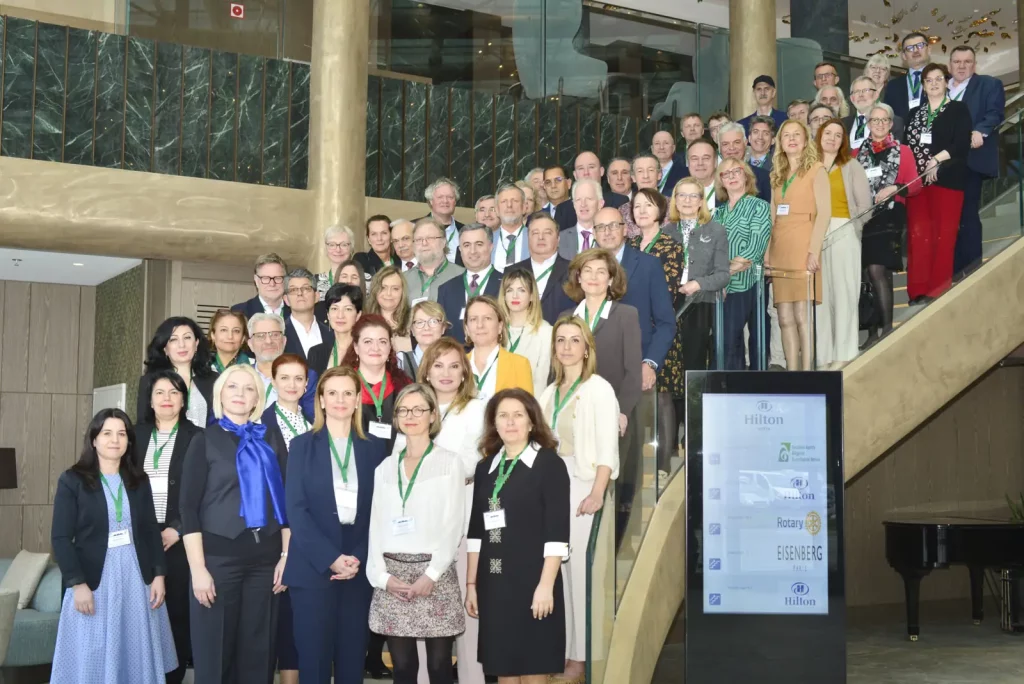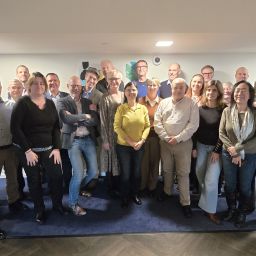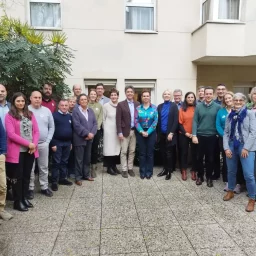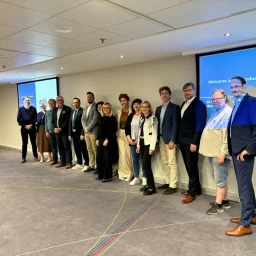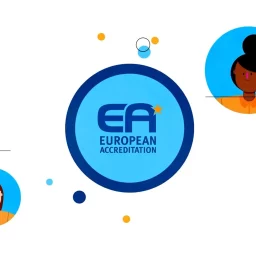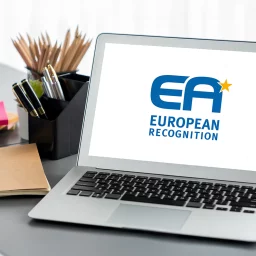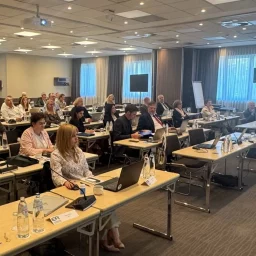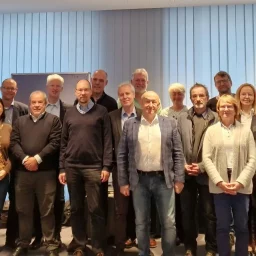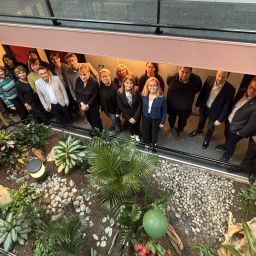The EA Multilateral Agreement Council (MAC) held its 50th meeting on 24-25 April 2024 in Sofia, Bulgaria. Sixty-three participants from 43 National Accreditation Bodies (NABs) and the representative of the EA Advisory Board attended the EA MAC meeting.
During this meeting, the MAC – which manages the peer-evaluation1 process and decides on the EA MLA signatory status of the National Accreditation Bodies (NABs) – took the following decision:
NAH, the National Accreditation Body of Hungary, remains signatory status in the fields of Medical Examinations (EN ISO 15189), Proficiency Testing Providers (EN ISO/IEC 17043), and Certification of Products (EN ISO/IEC 17065).
The next full re-evaluation shall take place in June 2026 (considering the standard 4-year intervals from the initial evaluation).
The MAC approved the MAC Plan for the implementation of the Art. 61 of the Commission Delegated Regulation (EU) 2023/2917 under Regulation (EU) 2015/757 on the monitoring, reporting, and verification of carbon dioxide emissions from maritime transport.
During the meeting, the MAC decided to send out for voting to MAC members the document EA-2/02 S4 – Supplement 4 to EA-2/02 EA Procedure for the evaluation of a National Accreditation Body. Procedure for remote peer evaluations during extraordinary events or circumstances.
Following the presentation of the current activities at the international level for the revision of IAF/ILAC A2 IAF/ILAC Multi-Lateral Mutual Recognition Arrangements: Requirements and Procedures for Evaluation of a Single Accreditation Body and IAF/ILAC A1 IAF/ILAC Multi-Lateral Mutual Recognition Arrangements: Requirements and Procedures for Evaluation of a Regional Group made by the representative of the Austrian NAB, who is also a MAC Management Group (MAC MG) member, the MAC decided to launch a survey to Team Leaders and NABs in the coming period to collect proposals for the improvement of the reporting system.
An interesting presentation was made by two of the MAC MG members, the representatives of the Norwegian and Swedish NABs. They analyzed the peer evaluation reports from the last 7 years and proposed guidelines and potential actions to improve the effectiveness of the peer evaluation process and the use of resources.
On the second day, the MAC members participated in a workshop whose purpose was to raise awareness on the requirements of EA-2/02 related to the findings raised during the peer evaluation process by the EA teams and the treatment of findings that the accreditation body should undertake under evaluation.
The MAC celebrated its 50th meeting! This important celebration could not go unnoticed. Photos and interviews of the current and former MAC Chairs and members recalled the history and the milestones that impacted the MAC. Through their participation and work, all members have contributed to establishing and developing the EA MLA system and its contribution to the economy, authorities, and end users of accredited services.
The celebration of such a great jubilee continued during the festive dinner with a birthday cake offered by the host, the Bulgarian Accreditation Service (BAS).
1 The peer-evaluation system guarantees that EA Members are compliant with Regulation (EC) No 765/2008 and the international requirements (standards, etc.). The objective is to ensure regulators, stakeholders, and the business community have confidence in the certificates and reports issued by accredited Conformity Assessment Bodies under the EA MLA.
Interview of Maria Papatzikou, Chair of the EA MLA Council, and Daniela Ionescu, Secretary of the EA MLA Council
The EA MLA Mark is not an ordinary mark. It is a collective European & international mark that reflects a shared commitment by all NABs signatories to the EA MLA to competence, transparency, harmonisation, and the specific role and value of the European Accreditation system.


